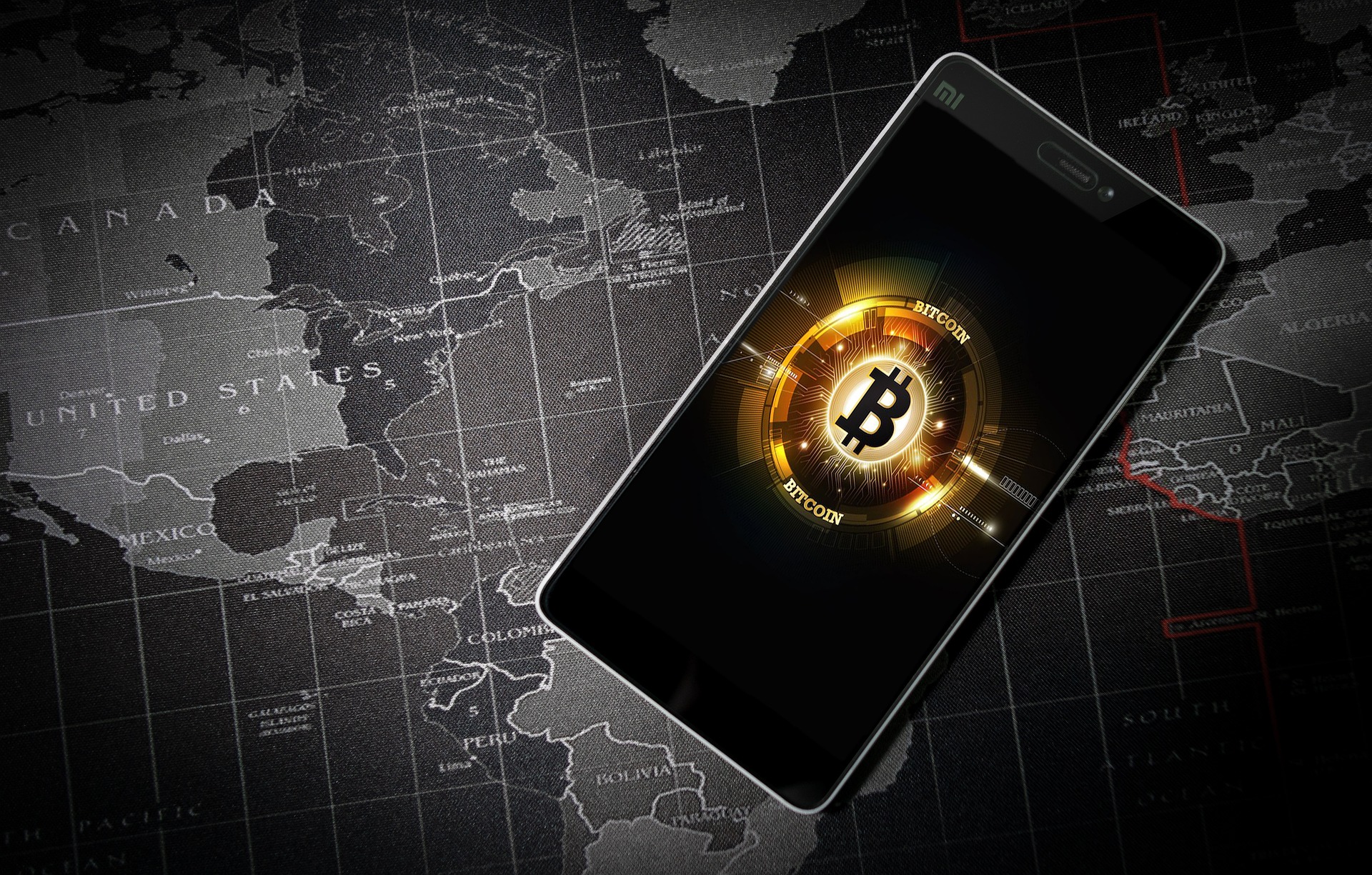As the gaming industry continues to evolve at an unprecedented pace, new trends and innovations emerge that push the boundaries of what’s possible. One such trend that has gained significant traction in recent years is the integration of virtual currencies, with Bitcoin taking center stage. In this article, we delve into the fascinating intersection of Bitcoin and the gaming industry, exploring how virtual currency is reshaping the virtual worlds that millions of gamers inhabit.
Breaking News: Gaming Giants Embrace Bitcoin
In a surprising turn of events, several major gaming companies have announced their acceptance of Bitcoin as a legitimate form of payment. The integration of Bitcoin allows players to purchase in-game items, virtual assets, and even entire game titles using the popular cryptocurrency. This move not only expands the usability of Bitcoin but also highlights the growing acceptance of digital currencies in mainstream industries.
The Rise of Virtual Economies
Virtual economies have long been a staple of online gaming. From the early days of virtual goods and microtransactions, game developers have sought ways to create self-contained economies within their virtual worlds. However, the introduction of Bitcoin has brought a new level of authenticity and global connectivity to these virtual economies.
With Bitcoin, players can buy, sell, and trade virtual assets in a decentralized manner, bypassing the traditional restrictions imposed by gaming companies. This allows for greater player autonomy and the potential for real-world economic impact. Rare virtual items and in-game currencies have now become assets that hold real-world value, with dedicated marketplaces and platforms emerging to facilitate these transactions.
Bitcoin as a Game Changer
The integration of Bitcoin into the gaming industry has opened up numerous possibilities for both players and developers alike. Here are a few key ways in which virtual currency is transforming the gaming landscape:
1. Financial Inclusion: Bitcoin provides a way for gamers in regions with limited access to traditional banking systems to participate fully in the gaming economy.
2. Player Ownership: Bitcoin enables players to truly own their virtual assets. With blockchain technology, ownership records are transparent, immutable, and secure, ensuring that players have full control over their investments.
3. Cross-Platform Compatibility: Bitcoin’s borderless nature makes it an ideal currency for cross-platform gaming, allowing players to seamlessly transfer their assets across different games and platforms.
4. Esports and Betting: Bitcoin has also made significant inroads in the esports and betting sectors, offering secure, transparent, and decentralized solutions for wagering on competitive gaming events.
The Future of Bitcoin and Gaming
While the integration of Bitcoin into the gaming industry is still in its early stages, the potential for growth and innovation is immense. As more players and developers recognize the benefits and embrace the concept of virtual currency, we can expect to see further integration, increased adoption, and the emergence of new business models centered around Bitcoin and other cryptocurrencies.
Conclusion:
Bitcoin’s integration into the gaming industry marks a significant milestone in the evolution of both virtual currencies and virtual worlds. With its potential to empower players, redefine ownership, and foster global connectivity, Bitcoin is poised to reshape the way we perceive and interact with digital gaming economies. As gamers and developers continue to explore the possibilities, one thing is clear: the union of Bitcoin and gaming holds great promise for the future of both industries.
Disclaimer: The opinions expressed in this article are solely those of the author and do not reflect the views of the publication. This article is for informational purposes only and should not be construed as financial or investment advice.











